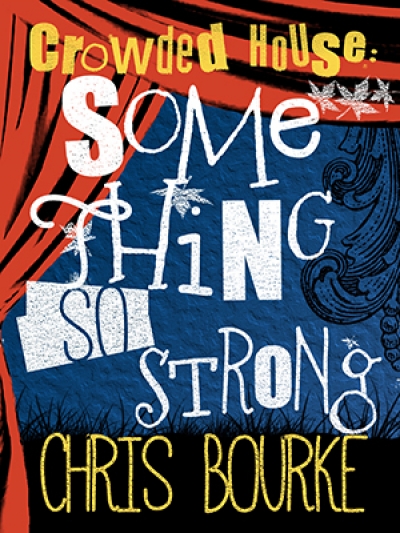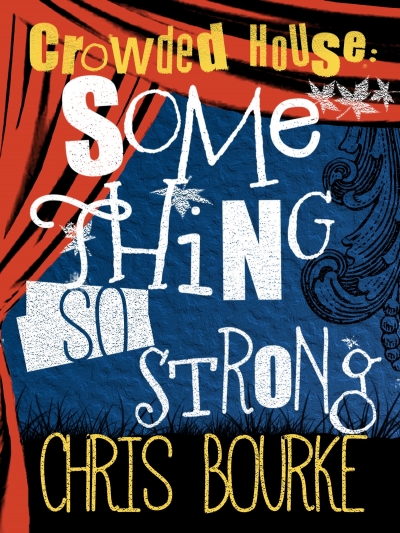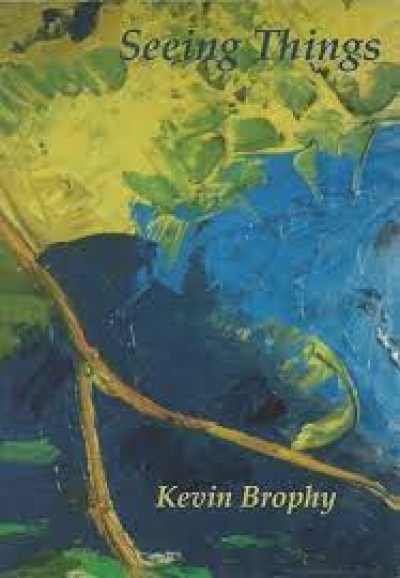Archive
Black Ice: A story of modern China by Trevor Hay and Fang Xiangshu
by Margaret Jones •
Here’s the first in a new series from the indefatigable pen of Jennifer Rowe. Verity Birdwood is still going strong, at last check: it wasn’t so long ago that I reviewed Lamb to the Slaughter in these pages. And, of course, as Emily Rodda, Rowe has turned out a couple of dozen Teen Power books, attracting several Children’s Book Awards. She is every inch a professional writer.
... (read more)Emerarra: A Man of Merarra by Morndi Munro/Mary Anne Jebb
by Rosemary O’Grady •
The 1967 Referendum, or When the Aborigines Didn’t Get the Vote by Bain Attwood and Andrew Markus with Dale Edwards and Kath Schilling
by Barry Hill •










